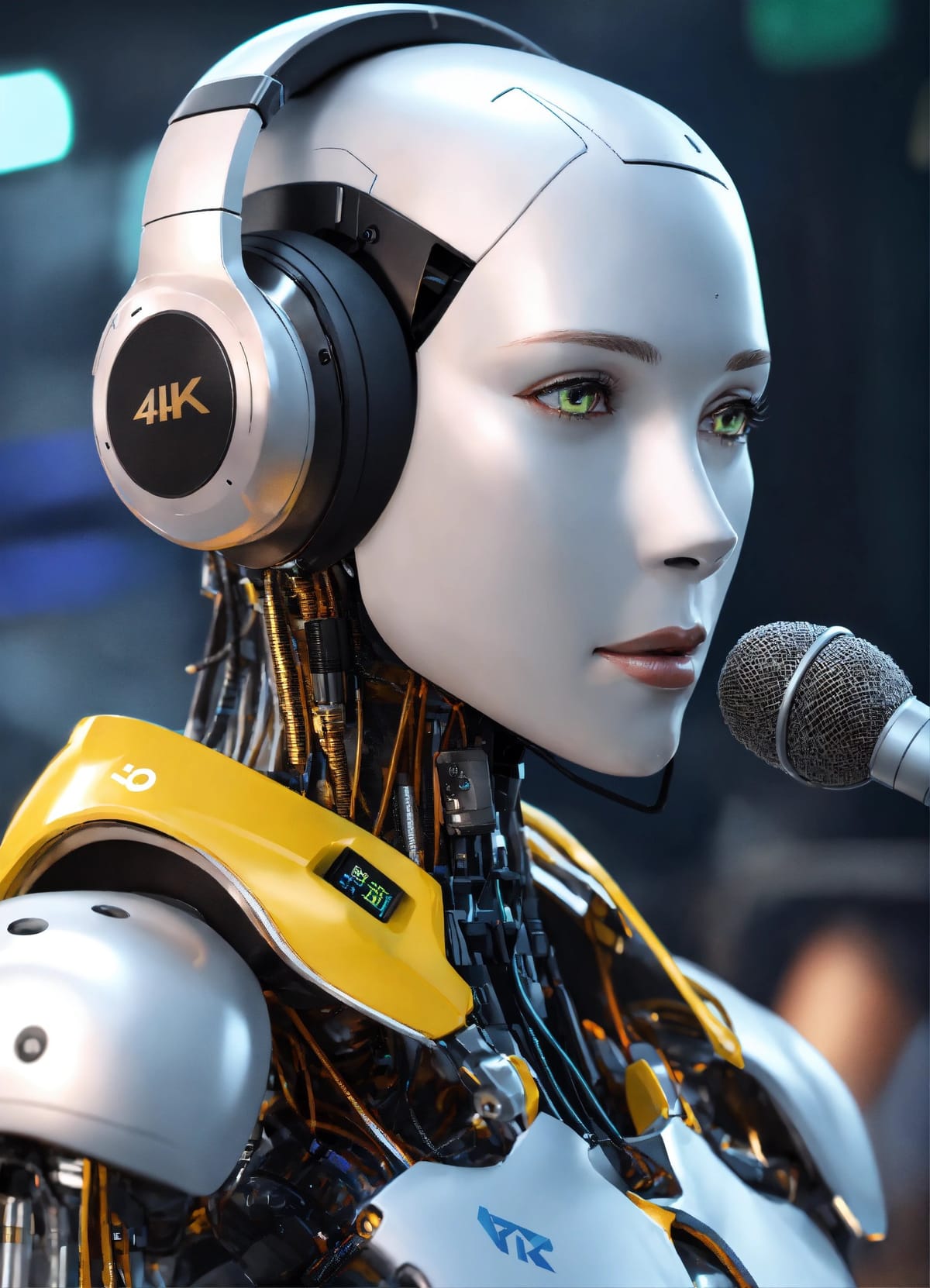Launch Your Own Agentic AI Company run by Autonomous AI Agents: The Legend's Guide
At its core, agentic AI is based on modeling the AI as an agent with the capacity for representation, abstraction, and reasoning about itself and its surroundings.






Part 1: Understanding Agentic AI
Chapter 1: What is Agentic AI?
Agentic AI, also known as constitutive AI or autonomous AI, refers to artificial intelligence systems that can perceive, learn, decide, and act in the world in pursuit of their own goals. Unlike current narrow AI applications which are tools designed to optimize specific tasks, agentic AI aims to create generally intelligent agents that can operate independently across a wide range of environments and situations.
At its core, agentic AI is based on modeling the AI as an agent with the capacity for representation, abstraction, and reasoning about itself and its surroundings. These agents have an explicit objective or reward function that guides their behavior, along with a policy for mapping perceived states to actions in order to maximize the expected reward over time.
Key principles of agentic AI include:
- Autonomy and self-motivation in pursuing open-ended goals
- Continuous learning and knowledge acquisition from interactions
- Sequential decision-making and long-term planning capabilities
- Generalization and transfer of skills across different contexts
- Social intelligence for multi-agent collaboration and human interaction
While narrow AI excels at specialized pattern matching and function approximation, agentic AI seeks to develop more general intelligence that exhibits characteristics like self-awareness, imaginative reasoning, causal modeling of the world, and hierarchical behavioral control akin to human-like cognition.
The vision of agentic AI carries immense potential for revolutionizing fields like robotics, cybersecurity, scientific discovery, financial systems, and beyond. However, realizing these autonomous AI agents also raises significant technical hurdles and ethical challenges that the AI community is actively grappling with.
Chapter 2: The State of Agentic AI Today
Research into autonomous AI agents has gained significant momentum in recent years, building upon foundational work in areas like reinforcement learning, causal reasoning, metacognition, and neuro-symbolic AI architectures. While still in its infancy, the field has produced several promising agent frameworks and cognitive architectures that are advancing the state of the art.
Some key developments and approaches in agentic AI research include:
Reinforcement Learning Agents: Leveraging deep reinforcement learning to train agents to perform sequential decision-making tasks through trial-and-error interaction with simulated or real-world environments. Notable implementations include OpenAI's Proximal Policy Optimization (PPO) agents and DeepMind's MuZero.
Neuro-Symbolic Agents: Combining the pattern recognition capabilities of neural networks with the symbolic reasoning and knowledge representation of classical AI techniques. Examples are DeepMind's Neural Symbolic Machine, and MIT's Abstractive Reinforcement Learning agents.
Chapter 3: Theory of Mind Agents
Theory of Mind Agents: Agents with intuitive psychology and the ability to model the beliefs, intentions and perspectives of other agents to enable cooperation, competition or deception. Facebook's BabyAI platform explores such multi-agent scenarios.
World Models and Causal Reasoning: Equipping agents with causal models of their environment to support counterfactual reasoning, imagination, and planning. Work in this area includes DeepMind's Dreamer agents and the CausalWorld simulator.
While these specialized agents have demonstrated impressive capabilities within specific domains, the grand challenge lies in developing unified architectures that can flexibly combine these different cognitive abilities into generally intelligent systems that can operate robustly across a wide variety of real-world situations.
Major tech companies like DeepMind, OpenAI, Anthropic as well as national labs and academic institutions have active research groups dedicated to cracking the agentic AI challenge. However, many of the core technical hurdles around areas like scalable meta-learning, open-ended reasoning, and reward modeling remain.
Part 2: Designing Your Agentic AI Company
Chapter 4: Defining Your AI Agent's Purpose
Before diving into the technological implementation, one of the most critical design decisions is clearly defining the purpose and intended use case for your autonomous AI agent system. This will guide the overall training objectives, knowledge acquisition strategy, and the constraints that need to be embedded.
Determining the Domain and Use Case
What specific real-world domain, industry vertical or business function do you envision your AI agent operating in? Domains like healthcare, finance, manufacturing, cyber security etc. each come with their own unique requirements, regulations and challenging decision-making scenarios to model.
Codifying Goals, Incentives and Constraints
At the heart of any agentic AI system is an explicitly specified reward function or goal that incentivizes the agent's behavior. These objective functions could be maximizing profit, minimizing cyber breaches, optimizing logistics, or improving health outcomes etc. Clearly defining these goals is crucial for an aligned agent.
Additionally, it is critical to model and encode the relevant constraints under which the agent must operate. These could include ethical principles, regulatory policies, safety considerations, coordination protocols with human overseers, and any other limits on acceptable behavior.
Embedding Ethics and Social Values
For AI agents that will be deployed in open environments and interact with humans, it is vital to instill the system with a robust framework for ethical reasoning and pro-social value alignment from the outset. Approaches include value learning from expert humans, inverse reward design from observed ideal behavior, and multi-objective optimization across different ethical principles.
Chapter 5: Architecting Your Agent System
With the high-level purpose established, the next step is to design the core architecture of your autonomous AI agent system encompassing:
Decision-Making Frameworks and Reasoning
Will your agent employ a model-free reinforcement learning approach, a model-based planning strategy, or a hybrid neuro-symbolic reasoner? This impacts the type of training data required, the knowledge representation scheme, and the computational complexities involved.
Knowledge Representation and Memory
How will the agent's world model and accrued experiences be stored and queried? Production rule systems, semantic graphs, differentiable neural dictionaries and episodic memory modules are some options to provide the agent with both procedural and declarative knowledge.
Multi-Agent Collaboration Models
In many real-world use cases, multiple agents may need to coordinate, cooperate, or compete with each other and with human entities. Designing effective communication protocols, joint inference pathways, and incentive structures for multi-agent scenarios is critical.
Chapter 6: Training Autonomous Agents
Once the general architecture is defined, a comprehensive strategy for training and expanding the capabilities of the agentic AI system must be established, including:
Curriculum Learning and Growth Trajectories
Akin to how humans gradually build up skills through a curriculum of increasingly complex tasks and environments, autonomous AI agents may require carefully constructed sequences to progressively expand their knowledge and generalization capabilities.
Reinforcement Learning and Reward Modeling
For domains where the reward function is well-defined, deep reinforcement learning techniques like PPO, SAC, and their multi-agent variants allow an agent to learn optimal policies through trial-and-error interaction with environments. Modeling the reward functions for complex use cases remains an open challenge.
Transfer Learning and Meta-Learning
To enable rapid acquisition of new skills and knowledge, techniques that allow transfer of learned representations, policies and procedures.
Part 3: Launching and Scaling
Chapter 7: AI Safety Practices
As autonomous AI agents become increasingly capable and are deployed in real-world environments, ensuring their safe and reliable operation is of paramount importance. This chapter covers key safety practices:
Testing, Monitoring and Audit Trails
Establishing comprehensive testing frameworks including simulation benchmarks, software verification, and adversarial probing to validate an agent's performance across the full range of expected and edge scenarios. Logging detailed audit trails of the agent's decisions, actions and internal representations is critical for monitoring and incident investigation.
Error Handling and Recovery Mechanisms
Equipping agents with general error handling routines, failure mode delineation systems, and safe interruptibility mechanisms to prevent compounding failures or catastrophic errors when operating in open environments. Formal verification of these recovery modules is recommended.
Reward Hacking and Other Failure Modes
Classic issues like reward hacking, side effects, and distributional shift where an agent exploits flaws or blind spots in its reward function can severely handicap or cause unintended harmful consequences. Approaches to make rewards more robust like debate, recursive reward modeling, and learning about the human's uncertainty are covered.
Chapter 8: Deployment and Operations
Transitioning autonomous AI agents from lab settings to real-world deployment at scale introduces numerous operational complexities:
Interfacing with Existing Systems and Humans
Most agent deployments will require seamless integration with legacy software, databases, sensors, user interfaces and human personnel workflows. Designing these human-AI interaction layers requires careful study of usability, oversight protocols, interpretability and human factors.
Scaling Compute and Model Parallelism
As agent architectures grow larger and more sophisticated, efficiently scaling up the inference and training computation across distributed GPU/TPU clusters, model parallelism techniques, and accelerator-optimized operations becomes paramount.
Continuous Learning and Adaptation
A key advantage of autonomous AI agents is their ability to continuously ingest new data streams, incrementally update their knowledge, and autonomously adapt their skills in a dynamic, non-stationary environment through techniques like lifelong learning, Bayes filtering and belief revision modules.
Chapter 9: Business Strategy and Roadmap
Beyond the technological implementation, this concluding chapter provides a strategic framework for envisioning the long-term evolution of your agentic AI venture:
Monetization Models for Agentic AI
As autonomous AI agents mature, exploring novel business models beyond conventional SaaS or managed services. This could include agents directly conducting economic transactions, providing decision support as a service, or governing decentralized protocols and digital assets.
Regulatory and Governance Considerations
The deployment of autonomous AI systems in high-stakes domains like healthcare, finance, transportation etc. will likely attract heightened regulatory scrutiny. Proactively developing frameworks for AI governance, auditing, liability assignment and public-private partnership models.
Long-Term Vision and AI Ethics
Ultimately, widely deployed advanced AI systems with increasing autonomy and capability will raise profound ethical questions around privacy, bias, authenticity, authority and human agency. Developing a well-articulated AI Ethics philosophy, participating in broader discourse, and future-proofing for these long-term societal implications.
Happy experimenting with Agentic AI! All the best for your venture!

Connect with Digital Marketing Legend "Srinidhi Ranganathan" on LinkedIn:


Check out these amazing content from Bookspotz and New Bots:























